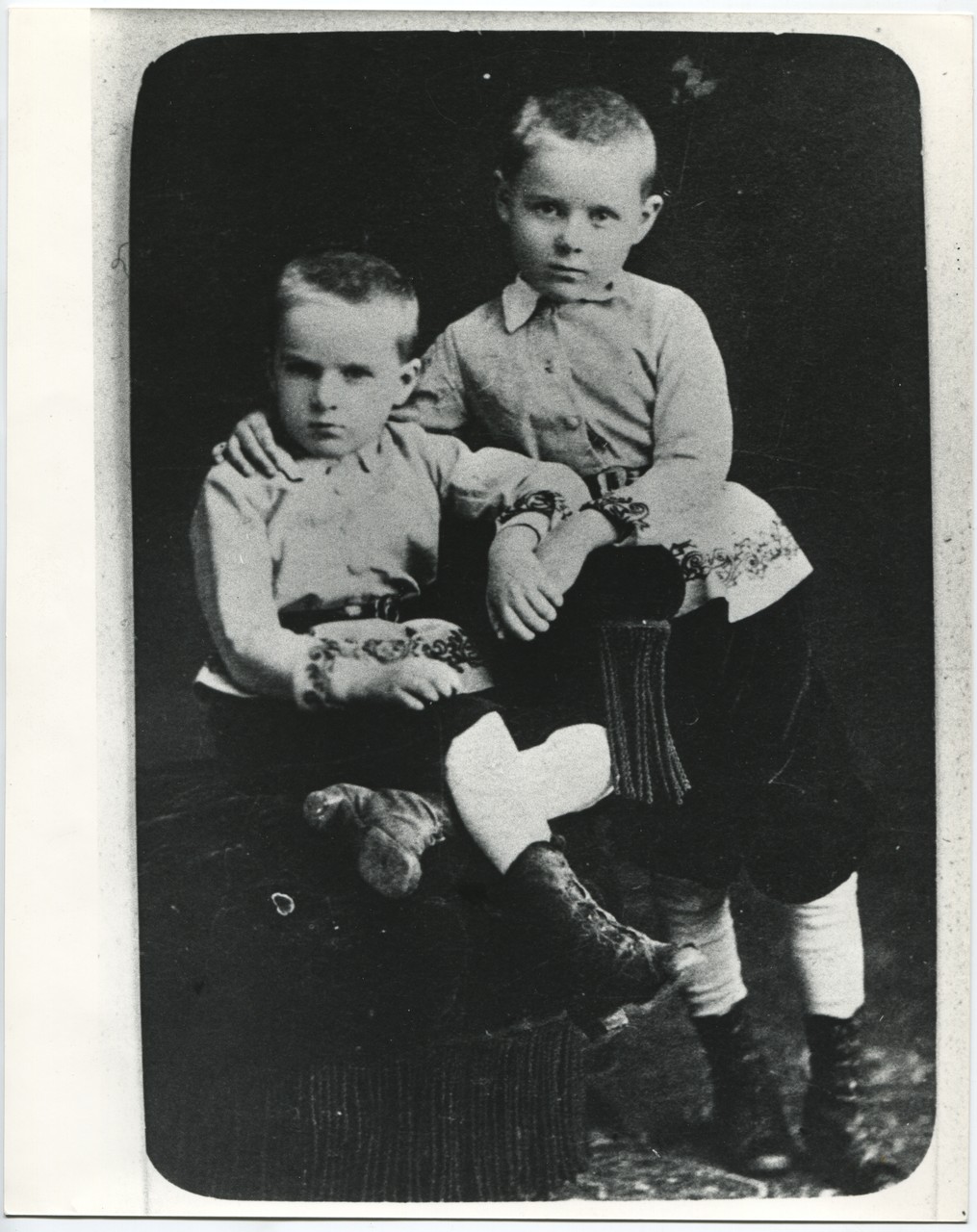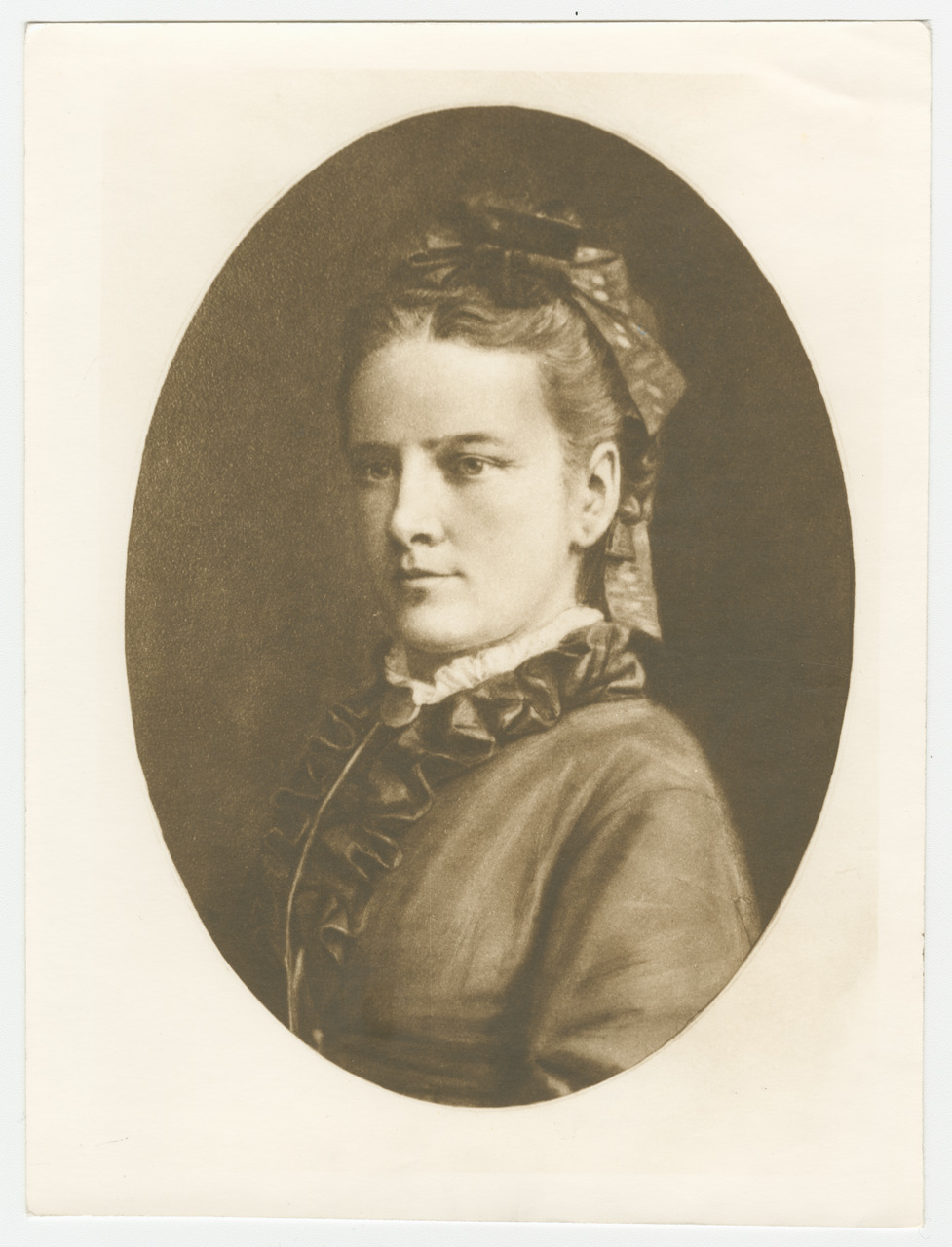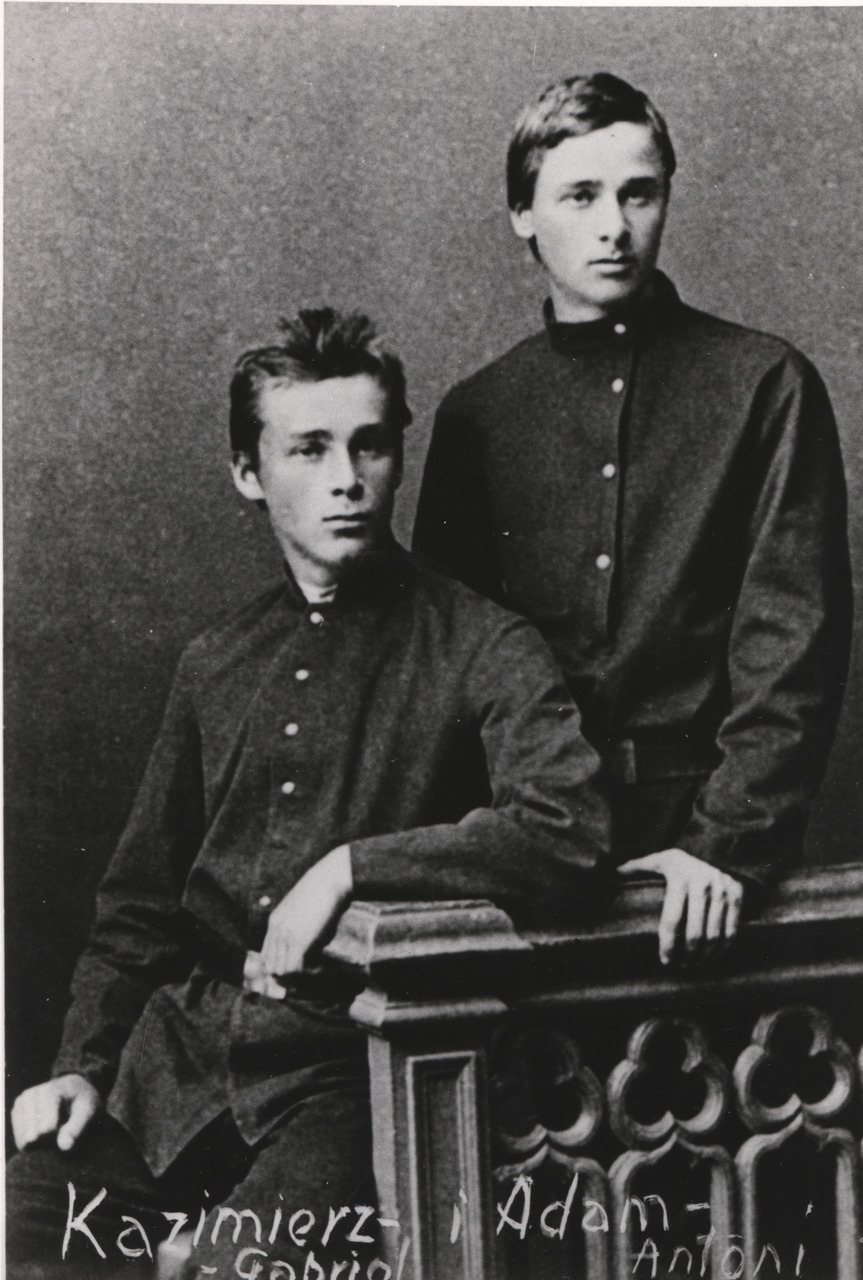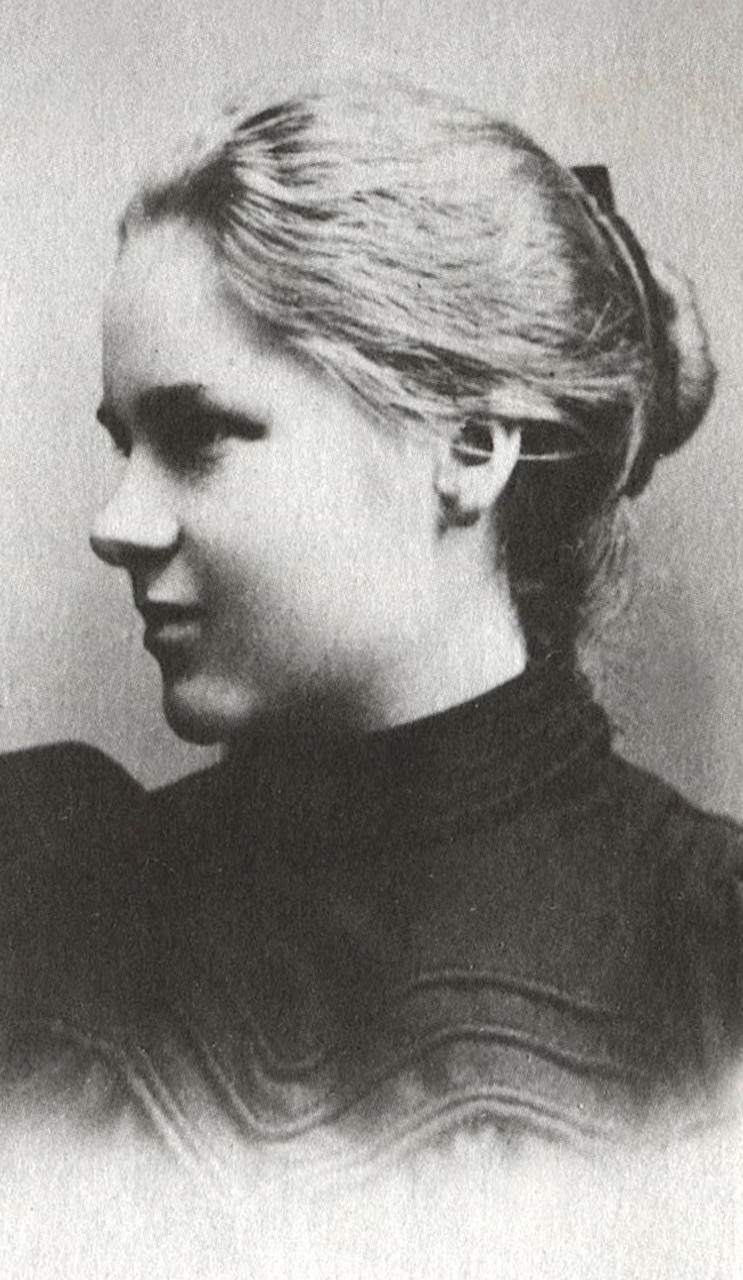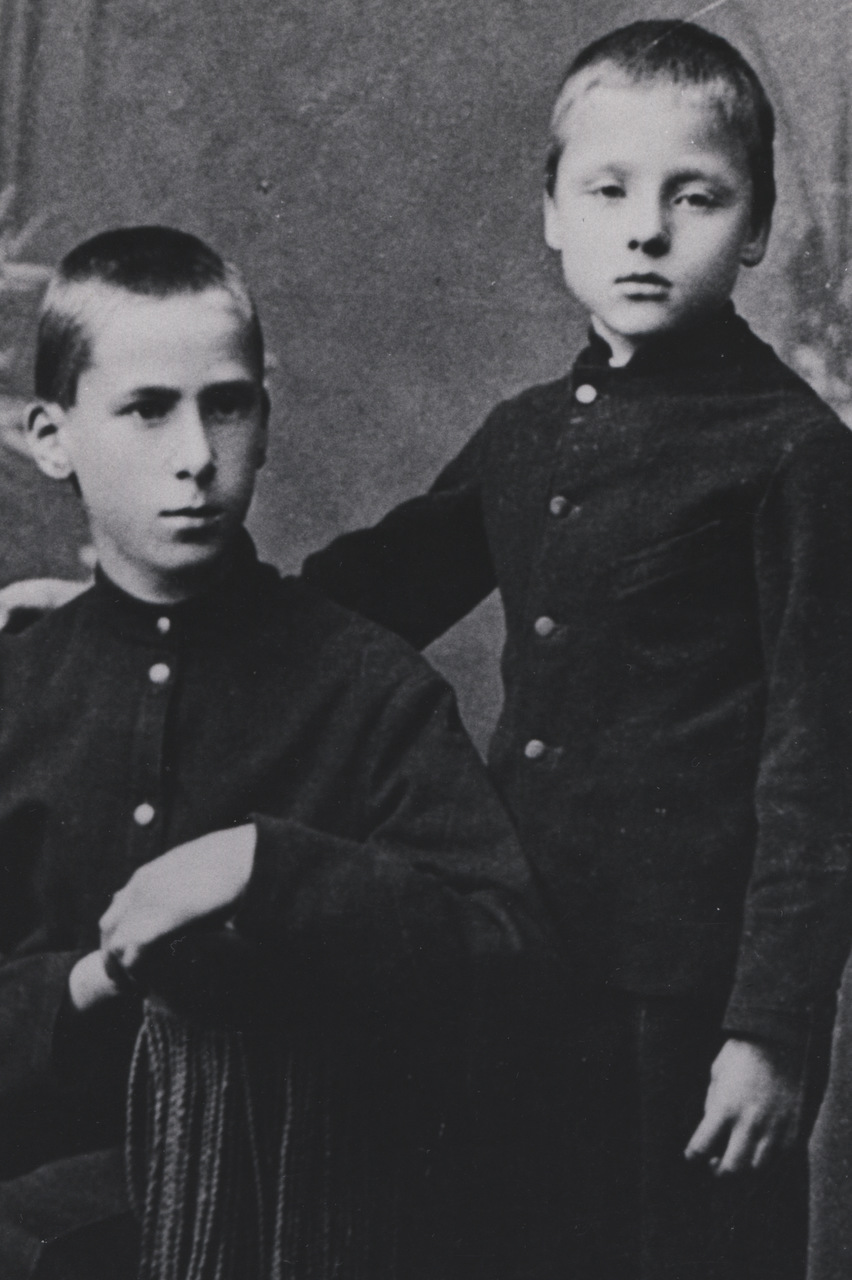
Siblings

Brother
Józef Klemens
Family
Józef Klemens, a year younger than Bronisław, was born on 5 December 1867. Ten years later, he entered the same class as his older brother at the I Gymnasium in Vilnus, and after passing his high school final examination, he started medical studies at the Kharkiv University. Although the brothers’ paths split while they were still in gymnasium, both were arrested on suspicion of involvement in a plot to assassinate the tsar in 1887. Józef (Ziuk), who had already been involved in conspiratorial activities, helped the assassins not being fully aware of their intentions; Bronisław (Broniś) was much more involved in the plot. Eventually, Józef was a witness in the case and was sentenced to five years’ deportation deep into Russia. Upon his return, he became involved in the socialist movement; among other things, he became the editor of the illegal magazine “Robotnik”. He participated in the Fourth Congress of the Second Socialist International in London. In 1899, he married Maria Juszkiewicz née Koplewska, an activist of the Polish Socialist Party (Polska Partia Socjalistyczna – PPS). He and his wife ran a clandestine printing shop in their apartment in Łódź, which resulted in both of them being arrested. Imprisoned in the Warsaw Citadel, and simulating insanity, Józef was then transferred to a hospital in St. Petersburg, from which he escaped to Galicia with the help of a Polish doctor, Władysław Mazurkiewicz. There he continued his pro-independence activities by radicalizing the operations of the organization. He took part in a journey to Japan to raise funds and gain allies. He headed the Combat Organization of the PPS and carried out an attack on the Russian train near Bezdany.
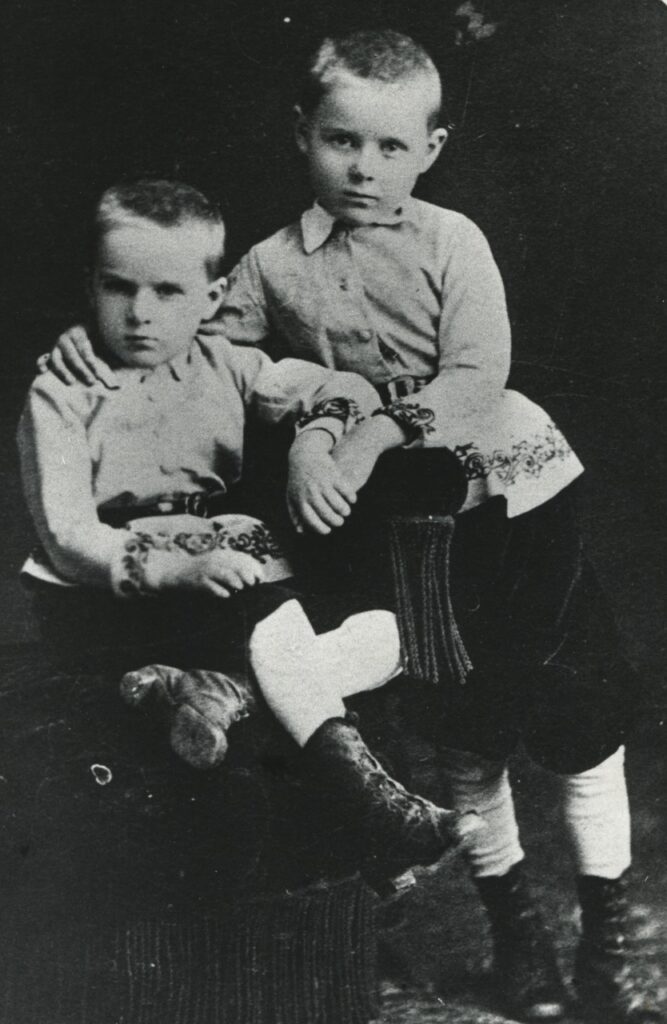
Photo by Mirosław Stelmach, from the collection of the Józef Piłsudski Museum in Sulejówek
He founded the Union of Active Struggle and commanded rifle teams training for military operations. After the outbreak of the expected war, he unsuccessfully tried to foment an anti-Russian uprising in the Congress Poland. After the formation of the Polish Legions alongside the Austro-Hungarian army, he commanded their First Brigade. In July 1917, he refused to swear allegiance to the Emperors of Germany and Austria-Hungary, and accepting his internment in Magdeburg, he waited for the eventual end of the war. Released by the Germans, he arrived in Warszawa on 11 November 1918. His charisma and masterful strategic plan helped him to ensure almost bloodless disarmament of German soldiers, to prevent the spread of the Bolshevik Revolution to Poland, to contain the nationalist sentiment, to establish the government of Ignacy Paderewski recognized by the victorious Entente, to hold the first election in January 1919, and to found the Legislative Sejm (Sejm Ustawodawczy).
He headed the reborn state by directing its reconstruction and securing its borders, and commanding the Polish Army in the victorious war against Soviet Russia. After the assassination of the first president Gabriel Narutowicz, Józef Piłsudski briefly withdrew from public life, only to return to the office in 1926 as a result of a political coup d’état. He declined to be elected as the country’s President, held the office of Prime Minister twice, and was the Minister of Military Affairs and the Inspector General of the Armed Forces. The first Marshal of Poland was setting the tone of the state policy until his death in 1935. Privately, he had two daughters, Wanda and Jadwiga, with Aleksandra Szczerbińska, whom he married after the death of his first wife. He died in Warszawa. The funeral ceremonies, which lasted three days, ended with the deposition of the body at the Wawel Castle in Kraków. On the first anniversary of his death, Józef’s heart was buried at the feet of his mother’s remains at the Rossa Cemetery in Vilnius.

